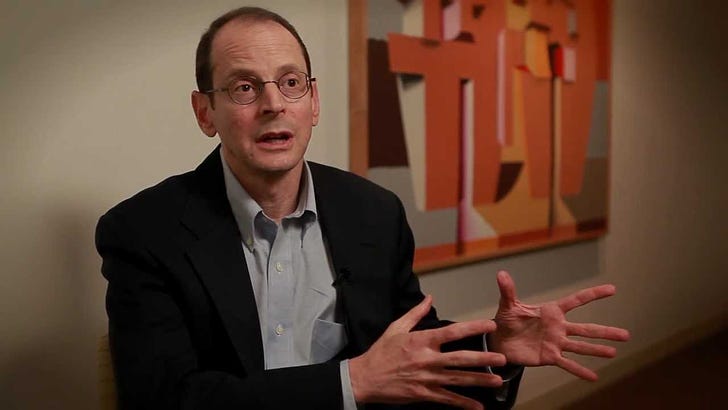If You Know You’re Right, Step on the Gas! The Rise of Fundamentalism in Academia and Hollywood
“It’s the inability to take seriously the idea that you might be wrong”
Keep reading with a 7-day free trial
Subscribe to Shiny Herd to keep reading this post and get 7 days of free access to the full post archives.




